Electric vehicle (EV) producer Rivian will soon begin making its second-tier line of vehicles, the R2 lineup. Its R1 lineup consists of the full-size R1T pickup truck, which competes with the Tesla Cybertruck and Ford F-150 Lightning EVs, and the R1S sport-utility vehicle, which competes with the electric Ford Mustang Mach-E. The smaller R2 may appeal to consumers who are interested in an electric SUV at a lower price point, as the R1 line starts at about $75,000 per vehicle. With a new tier of vehicles comes the need for a new battery, which Rivian has announced will be produced in Queen Creek, Arizona.
This is a change from the R1 batteries, which are produced in South Korea and imported. To be eligible for benefits under the federal government’s Inflation Reduction Act of 2022, Rivian decided to make its R2 batteries domestically. The LG battery plant in Arizona is a big deal for the state and is considered a major employment and industrial boost, being named the Manufacturing Project of the Year for the state in 2024 by Area Development Magazine. News that Rivian will produce its R2 batteries in Arizona is one of several new manufacturing wins for the southwestern state, which has attracted several large businesses in recent years.
Imported EV Batteries Could Face High Tariffs
Rivian’s decision to bring R2 battery production to Arizona instead of keeping it in South Korea is influenced by both a desire for Inflation Reduction Act tax benefits and subsidies and a desire to avoid potential new tariffs. Both the outgoing Biden administration and the incoming second Trump administration support tariffs when it comes to imported EV batteries. In particular, the new Trump administration will likely be especially rigorous when it comes to tariffs on imported vehicle components and vehicles.
Battery maker LG, with a strong U.S. presence, has stated it is willing to work with the Trump administration on the issue, potentially signaling that it will shift more of its EV battery production stateside. Previous Trump-era tariffs on imported steel led to more U.S. jobs at LG plants, which produce a wide range of consumer appliances and electronics. By getting ahead of the incoming Trump administration on moving battery production stateside, Rivian may benefit from a warmer relationship with the new president and his partisan control of Congress.
U.S. EV Production Could Benefit From Musk-Trump Relationship
Although Trump has not been a supporter of EVs in the past, his tune has changed in recent months due to his growing relationship with Tesla CEO Elon Musk. Musk strongly endorsed Donald Trump during his 2024 general campaign and contributed significant sums of money to the candidate. While Musk may view Rivian as a rival automaker, Trump’s new support for EVs in general may benefit Rivian at the same time that it benefits Tesla. Laws and regulations that are more favorable toward EV production and use will benefit all EV producers, as the market is not yet saturated. Despite the growing popularity of EVs, a strong majority of Americans still drive gas- and diesel-powered vehicles.
Image credit: Rivian

